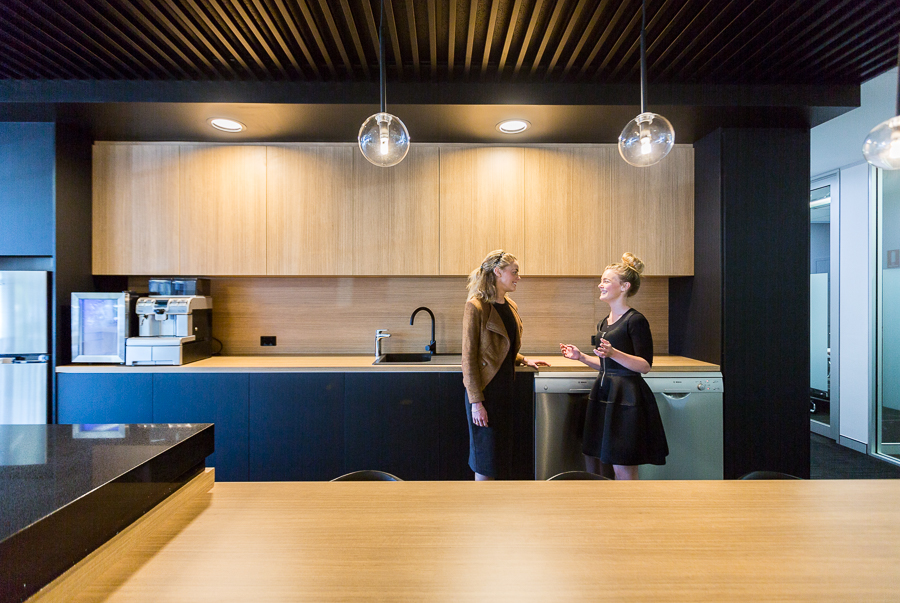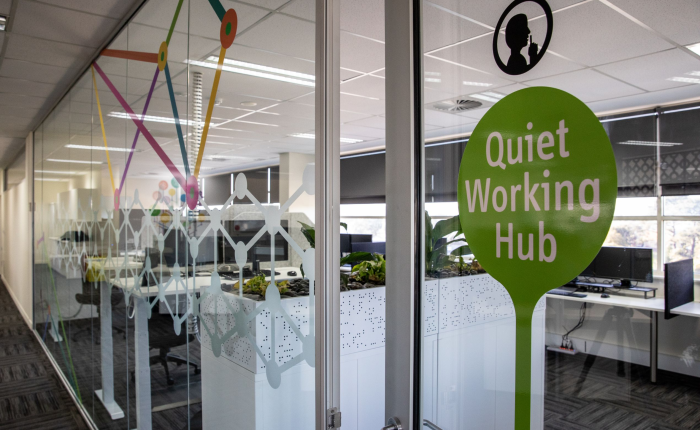Don’t just create an office, create a culture space! |

An office is more than bricks and mortar. Often, success hinges solely on the quality of the entire workgroup’s collective values, or what is more commonly known as workplace culture.
So how do you create an office that breeds a new and better culture?
You design a culture space which takes into account the human element of the workplace.
If you want more than just an office, consider how these 7 ‘must-haves’ can be included in your workspace:
1. Human engagement
Humans drive business and culture, not computers. A great culture is achieved by focussing on people first and foremost.
2. Interaction
Offices with great culture stand out by the way they facilitate communication and collaboration within their space. With silos too often responsible for reduced outcomes, workplaces which provide opportunities for team members to engage and connect easily outperform their competitors.
3. Role modeling
Culture has to be demonstrated in order to be imitated. Any proposed cultural improvement which is championed by senior leaders will subsequently be embraced by subordinate staff.
4. Comradery
Comradery is the visible celebration of a community all pulling in the same direction. With a focus on the collective vision, not the individual, outcomes are delivered with ease which motivates even greater efforts.
5. Celebration
Identifying and celebrating successes, both small and large, is vital to supporting morale and gaining momentum. Although a pay-rise is great, people are often propelled more through regular and consistent recognition of their efforts, making celebration a true investment in your business.
6. Branding
Culture and brand are inextricably linked, and one should always reflect the other to form an authentic representation of an organisation’s core mission and vision. Turning what is often only an external brand message inside out will build a sense of integrity between what a company says they represent, and their behaviour in real time.
7. Customer focus
Without clients, businesses fail. Identifying the value of the client or customer in your business cycle and providing an exceptional client experience is simply good business sense.
|



